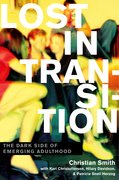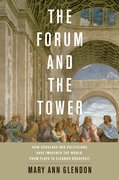The simile of St Paul’s
By Brian Cummings
Like many people I first came across the Book of Common Prayer in a church pew; I must have been in my late teens. But it felt as if I already knew the book: many things in it were already familiar, like the marriage vows ‘for better for worse, for richer for poorer, in sickness and in health, to love and to cherish, till death us do part.’













